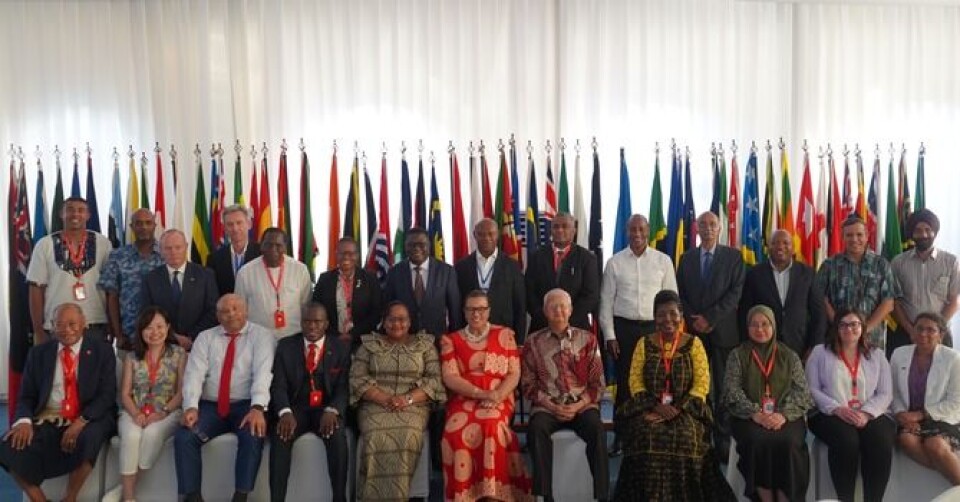Copyright : Re-publication of this article is authorised only in the following circumstances; the writer and Africa Legal are both recognised as the author and the website address www.africa-legal.com and original article link are back linked. Re-publication without both must be preauthorised by contacting editor@africa-legal.com
Commonwealth law ministers address legal tech developments

Law ministers from across the Commonwealth have agreed to work closer together to harness the full potential of emerging new technologies, including artificial intelligence, in delivering justice solutions for mutual benefit, writes Kaijage Robert.
At their biennial convention held in Zanzibar earlier this month, the ministers shared their countries' experiences in leveraging technology to enhance access to justice for all, and the related challenges they have encountered so far in terms of costs and access.
They were briefed on the Commonwealth Secretariat's proposals for the development of an AI-powered tool kit for legislative drafters and a separate project to help member countries fully digitise their court systems.
At their last meeting in Mauritius in November 2022, Commonwealth law ministers discussed introducing legal and regulatory frameworks to cover the emerging global digital economy and agreed that the Secretariat should start working on a potential model law on digital assets that aligns with Commonwealth values.
The Secretariat came through in Zanzibar this time around with a model law that complies with Financial Action Task Force (FATF) requirements that Virtual Asset Service Providers (VASPs) are tightly supervised and regularly monitored to counter money laundering and terrorism financing.
The ministers approved the model law for member states to start using at their own discretion as the Secretariat continues to review it "as appropriate" in accordance with emerging global trends in the use of digital assets
The Commonwealth Secretariat also introduced new electronic resources to facilitate legal information and knowledge sharing among member countries, including a database on criminal matters and a cyber repository.
On AI, the ministers agreed that its exponential growth warranted "urgent action" to properly tap its potential for improving justice systems, and at the same time address the "grave risks" that it poses.
They tasked the Secretariat with assisting to develop a comprehensive approach that integrates AI and virtual technologies in building the capacity of legal actors for efficient justice delivery.
The ministers also adopted draft guidelines on the treatment of electronic evidence to ensure that such evidence can be safely and securely relied upon in domestic criminal proceedings, and discussed a paper on the challenges of authenticating open-source evidence in the new digital age.
They asked the Secretariat to carry out a needs-based analysis to identify gaps and good practices in existing legislation on open-source evidence and come up with concrete solutions at their next meeting.
This year's convention was attended by law ministers, attorneys general and senior legal officials from 32 Commonwealth member countries under the theme: “Technology and Innovation: How digitalisation paves the way for people-centred access to justice.”
Opening the meeting, incumbent Commonwealth Secretary General Patricia Scotland emphasised that technology and innovation had become “vital weapons in the Commonwealth’s legal arsenal” that member countries need to “understand and master in order to break down barriers of cost and complexity in the delivery of legal systems which can ensure access to justice for all.”
Fiji has offered to host the next meeting on a date to be announced.
To join Africa Legal's mailing list please click here
